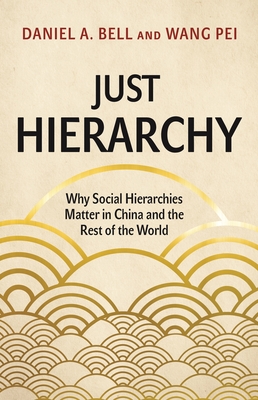What do you think?
Rate this book


285 pages, Hardcover
Published February 18, 2020
It is important to think about which forms of hierarchy are justifed and how they can be made compatible with egalitarian goals. We need to distinguish between just and unjust forms of hierarchy and think of ways to promote the good forms and minimize the influence of bad forms
Our book is preliminary—to be more positive, it is the first systematic exploration of just hierarchies in modern societies—and we look forward to critical comments that will allow somebody else to write a better book on the topic.